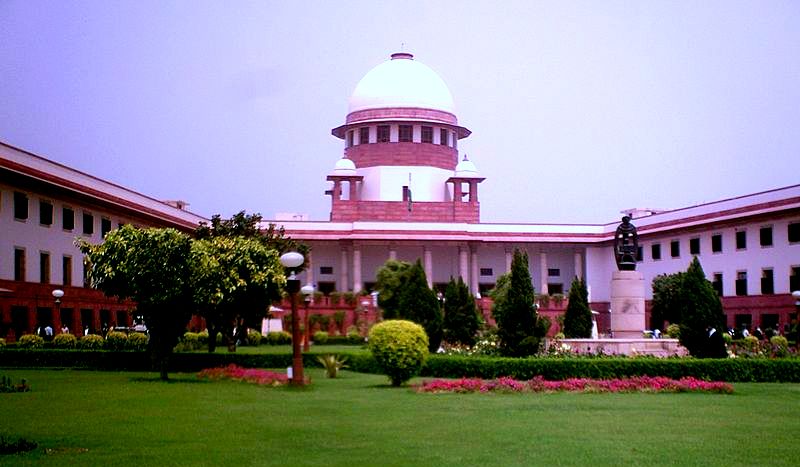New Delhi, 9th October 2023: The Supreme Court is set to deliberate on pleas challenging the premature release of convicts involved in the 2002 Bilkis Bano gangrape and murder case, which occurred during the Gujarat riots. This case revolves around the horrific incident where seven members of Bilkis Bano’s family were brutally murdered. A bench comprising Justices B V Nagarathna and Ujjal Bhuyan has scheduled the hearing for 11th October 2023, with the intention to conclude the proceedings on the same day.
The court has already received written submissions from the petitioners, which have been duly recorded. The matter was initially listed for 9th October, but the bench decided to postpone the hearing to the 11th. On October 6, the bench directed the petitioners, including Bilkis Bano, to provide brief written replies. The case revolves around the premature release of the convicts, and the court has been closely examining the arguments put forth by both sides.
During the previous hearing on 20 September, the court had posed a significant question regarding whether convicts possess a fundamental right to apologize. The bench had inquired whether a petition could be filed under Article 32 of the Constitution, which pertains to the right of citizens to approach the apex court when their fundamental rights are violated. The counsel representing the convicts had conceded that the right to apologize was not a fundamental right granted to convicts.
In response, the lawyer argued that the victims and others do not have the right to directly approach the Supreme Court by filing a petition under Article 32, as none of their fundamental rights had been infringed upon. He contended that the victims have alternative statutory rights to challenge the grant of premature release.
This legal battle has highlighted the issue of selective remission granted by state governments. The Supreme Court, while hearing arguments on 17th August, had emphasized that state governments should not adopt a selective approach when granting remission to convicts. The court asserted that every prisoner should be allowed to reform and reintegrate into society.
The case of Bilkis Bano has garnered widespread attention due to the heinous nature of the crime and the subsequent legal proceedings. The Supreme Court’s forthcoming decision will be closely watched, as it holds significant implications for the justice system and the rights of convicts and victims alike.
